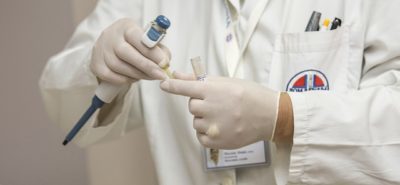Illinois residents have a right to expect effective medical treatment when they visit a health care provider. However, misdiagnoses are alarmingly common, affecting approximately 12 million people each year in the United States alone, according to a research article published in the journal BMJ Quality and Safety. A Chicago medical malpractice attorney is often aware that experts believe the number may be much higher because the errors frequently go unreported.
Researchers in Germany recently conducted a study to determine whether physicians were more apt to reach the right diagnosis when they worked in teams, according to MedPage Today. Participants in the study were fourth-year medical students. Each team of two was provided with limited information in a fast-paced environment to determine whether collaboration might positively affect their decision-making processes.
Teamwork affects diagnostic success
The students who worked in teams during the study had a success rate nearly 18 percent higher than those who worked alone. Researchers concluded that medical students need training that requires collaboration so they are prepared to function in teams. A Chicago medical malpractice attorney who has read an article about this study in the Journal of the American Medical Association understands that teamwork may have been the key to counteracting reasoning flaws and filling gaps in individual knowledge.
Another essential finding of the research was about the confidence levels the students had regarding their diagnoses. Many studies in the past have showed that people are typically over-confident about their own conclusions. The students in teams were more confident than individual students, but when a team was incorrect, there was disparity between its members’ confidence levels. This was a critical element of the study because many believe that overconfidence has long been the source of many errors in medicine. Providers are not usually open to questioning the quality of their own diagnoses, according to one of the study’s co-authors.
Further research may bring about change
As future studies are performed to quantify and elucidate these initial findings, researchers hope to change the way doctors think about diagnoses. The MedPage Today article states that the study’s authors hope this collaborative approach will lead doctors to question themselves more and be open to others’ opinions, reducing medical mistakes and preventable harm.
Victims of incorrect or delayed diagnoses often require more intense treatment and longer hospital stays that result in higher medical expenses. A Chicago medical malpractice attorney may be able to hold physicians responsible for their mistakes and recover compensation for patients’ expenses and pain and suffering.

